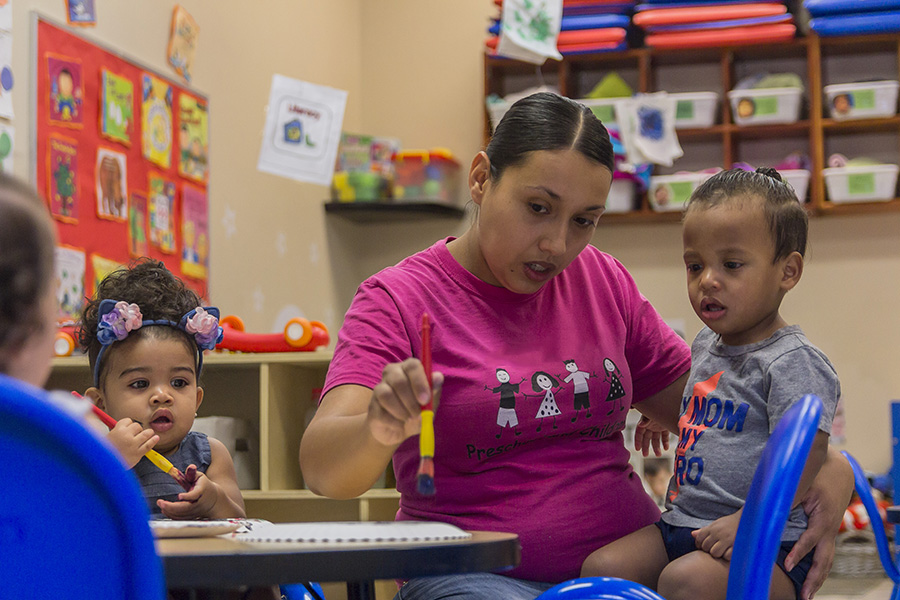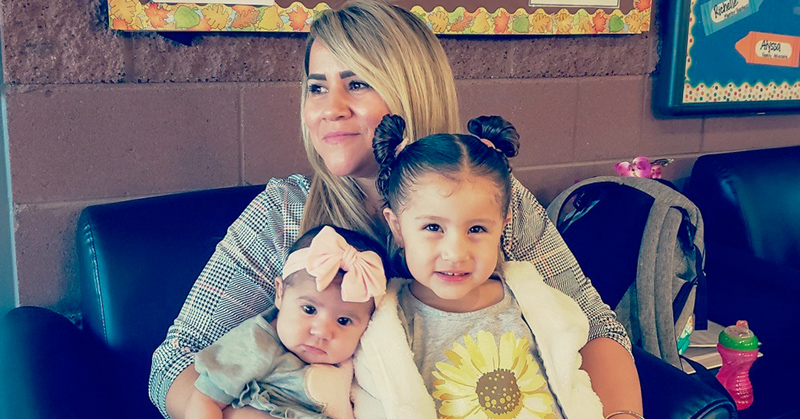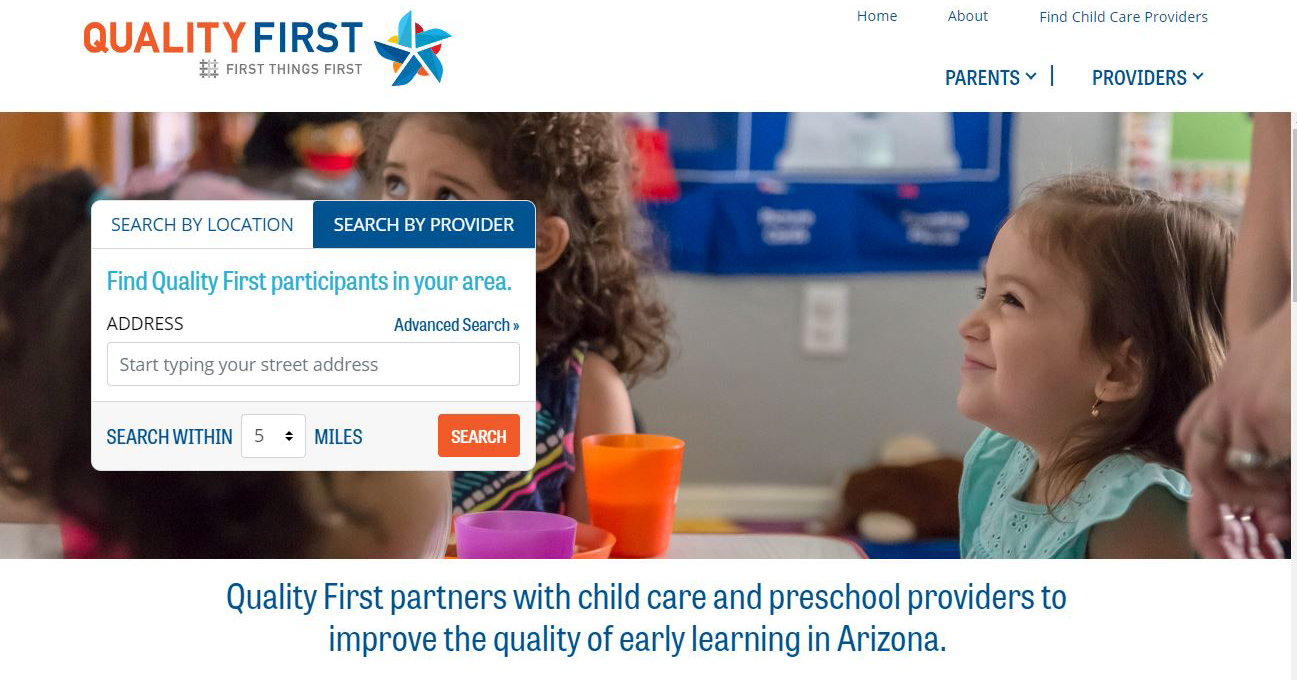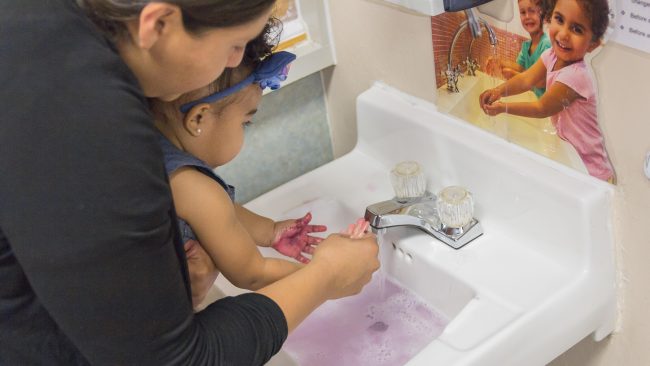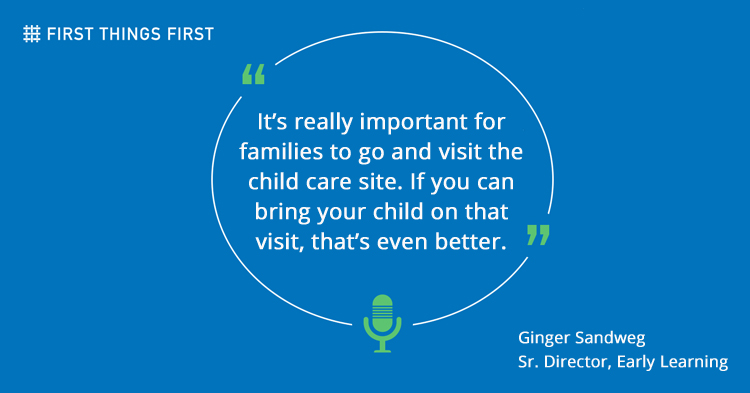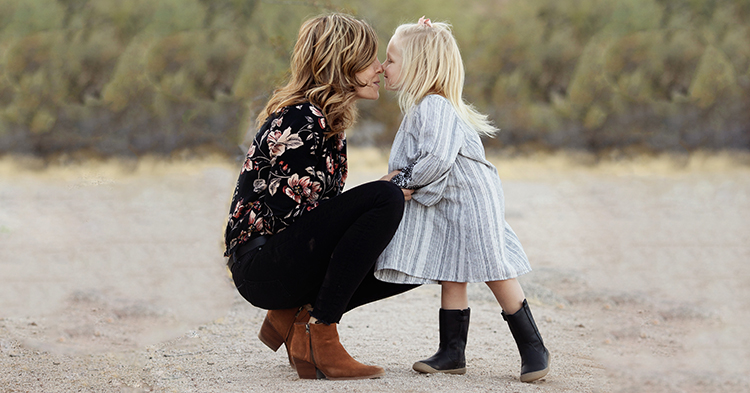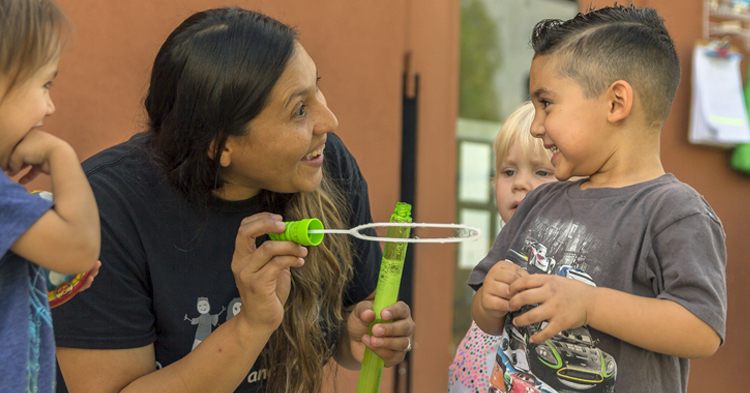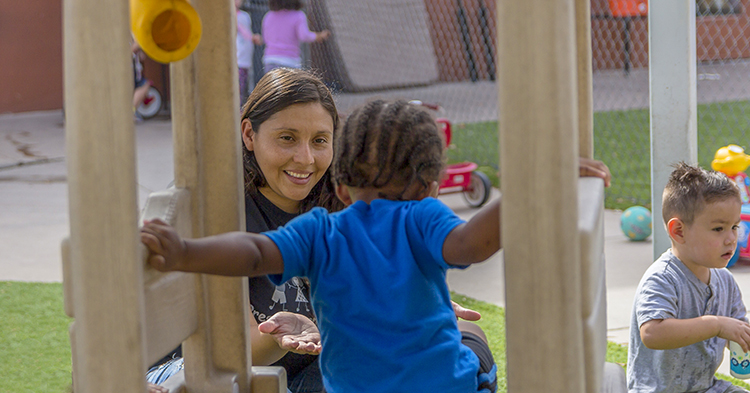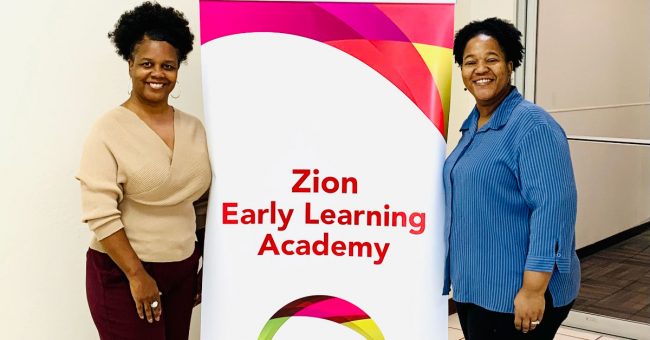 When a neighborhood child care center serving 120 children in south Phoenix abruptly closed, local entrepreneur Shawn Pearson stepped up.
When a neighborhood child care center serving 120 children in south Phoenix abruptly closed, local entrepreneur Shawn Pearson stepped up.
She knew the fragile reality of families living in poverty, coupled with living in an area with scarce opportunities for child care. Without child care, parents can’t work. Without work, families may face housing evictions, missed meals or shut-off utilities.
Within two days of the center’s closing, Pearson launched the Zion Early Learning Academy as a community resource and a way to serve the nearby families who were left without child care.
Unable to recruit staff from the closed center, Pearson relied on her network of local churches. She quickly gathered a new team made of half retired school teachers and half teacher’s aides wanting to help serve local families.
“When we started in 2018, it was like the house was on fire,” said Shawn Pearson. “It was overwhelming for us.”
Even with great staff and local support, the job of keeping the academy open felt daunting. Pearson, who has a background in non-profits and business, researched for help and found First Things First’s signature program, Quality First. As Arizona’s early childhood agency, First Things First (FTF) funds early learning, family support and children’s preventive health services to help kids be successful once they enter kindergarten.
Quality First works with more than 1,000 child care programs throughout Arizona, home- and center-based, to improve early childhood care and education through coaching, professional development, financial incentives and other supports.
Thanks to a historic $1 billion federal investment to provide support to early childhood care providers, Quality First is now enrolling more early care and education programs across the state.
You might be interested in:
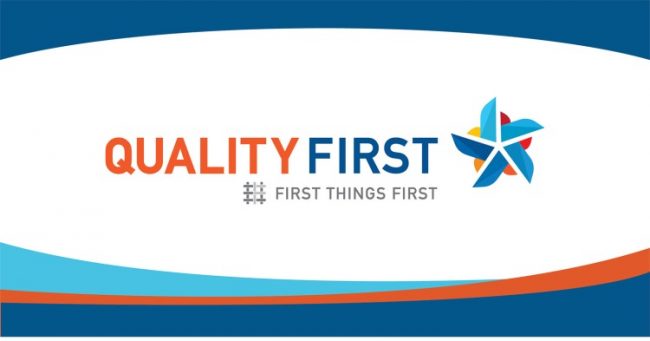
Meeting with her staff, Pearson said they made a group decision to apply and commit to doing the Quality First program.
“We were stressed, but we were willing to put in the work to keep the center open,” said Pearson. “We were serving low-income or no-income families. Ninety-nine percent of our children were reimbursed by the (Arizona) Department of Economic Security. We needed help in the classroom, as well as with our business model.”
In the FTF Phoenix South Region, where Zion is located, there are about 65,000 children under age 6 and 42% of those children live in poverty.
The FTF Phoenix South Region, which is primarily the southern part of the city of Phoenix (south of Thomas Road), is also considered a child care desert, or an area with an insufficient supply of licensed child care. There are 4.2 children for every child care opening with a licensed provider in the FTF Phoenix South Region as compared to 2.4 children for every opening across Arizona.
The FTF Phoenix South Regional Council funds Quality First’s evidence-based supports to improve the quality of their early learning programs in ways that help children learn, grow and thrive.
The academy enrolled in the Quality First Redesign program, a pilot version of the Quality First program where participants request specialized technical assistance based on their self-determined needs and areas of interest. The academy later moved to the regular Quality First program.
Pearson and her director, Lanae Thomas, met with the Quality First coach to identify areas where they needed support.
“Participating in Quality First sped up the process of our growth,” Pearson said.
“It changed the way we care for kids. With 50% of our staff coming in as teacher’s aides with only six months of experience, we needed training. Our Quality First coaches went above and beyond to accommodate our schedule by providing trainings on Saturdays, instead of the weekdays, so our staff could get professional development.”
Thomas said their Quality First coach also gave her and her staff simple tips that made a difference in decreasing staff stress levels.
“They showed us how to set up our cubbies with pictures, so the toddlers could help put away their toys,” said Thomas. “They also suggested we give each group of kids a mascot name, so during line-up time, we’ll say: ‘Cardinals, line up.’ These were simple, easy changes that significantly decreased our teachers’ stress and reduced challenging behaviors in kids.”
Small changes and support helped the center create an inviting environment that parents could sense when they first walked in the doors.
Marina Saenz, a single mother of five children, who works as an administrative assistant in a medical office, researched several centers for child care for her infant son, Javion, and her 3-year-old daughter, Miliany.
“I really didn’t like the other child care centers that I saw,” said Saenz. “They were not as friendly or their staff weren’t interested in my kids. At the Zion Early Learning Academy, as soon as I got there, the staff were smiling and welcoming. They weren’t just doing a job.”
With a $15 co-pay each week, Saenz can afford quality care for her children and feel confident that they are being well taken care of during their vulnerable years of development. Zion Early Learning Academy staff would give her detailed information about her son’s feedings, diaper changes and other aspects of his care. Now Javion is 2 years old, and Saenz sees her son developing his language skills.
“They have lots of books and storytimes,” said Marina Saenz. “Now he’s talking.”
For her daughter, Saenz said she liked the classrooms.
“They had little chairs and the teachers taught her numbers, ABCs, days of the week and how to write her name,” she said. Now Miliany is in kindergarten and doing well.
Today, the academy has 65 children enrolled and has weathered the COVID-19 pandemic.
“Zion was fortunate to have our Quality First coach who went above and beyond,” said Pearson. “They got behind us and adapted to what Zion needed in that season. We are proof that a center can come from the worst of odds, and with a little bit help, can change the trajectory of their survival. That investment of time with the right information changes things quickly.”


